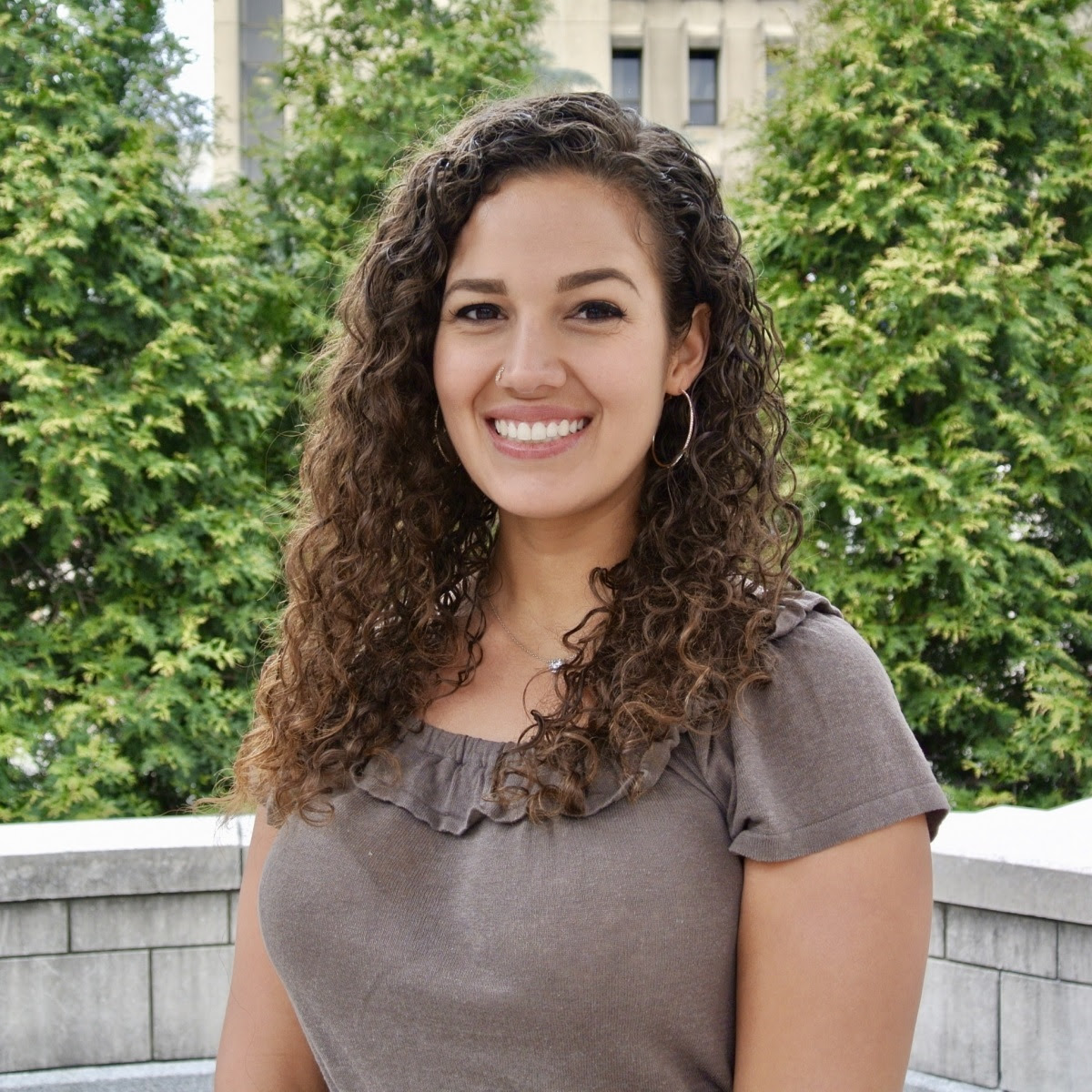
- Details
- By Chickasaw Nation Media
Dr. Elizabeth Rule credits the Chickasaw Nation for introducing her to Washington, D.C., as part of its summer internship program, as well as supporting her as she completed her undergraduate, graduate and doctoral studies.
These forms of assistance eventually led her to move to the nation’s capital where, as assistant professor of critical race, gender and culture studies at American University, she noticed a glaring deficiency. There were no mentions of the important contributions made by First Americans in the numerous famous landmarks for which the city is famous.
“I really wanted to highlight the contributions we have made,” Rule said. “I wanted to show that native people are both historical and contemporary, that we’re cultural but also political and, most importantly, to shine a light on history that is often overlooked.”
Her solution was to create “Guide to Indigenous DC,” an app to be installed on portable electronic devices as a way of filling in neglected gaps of information about selected sites in the nation’s capital.
“In total, there are 17 sites I include in the application. Some are artistic sites, some sites are where moments of activism have happened and some are actual landmarks,” she said.
Since then, Rule has expanded her work, developing “Guide to Indigenous Baltimore” and “Guide to Indigenous Maryland.”
Georgetown University Press recently published her first book, “Indigenous DC: Native Peoples and the Nation’s Capital” in April 2023. “It is an expansion upon the Indigenous DC mobile application,” she said.
It is also an award winner, having earned the Association for Ethnic Studies’ Outstanding Book Award in 2023.
Among others, her book has garnered academic praise from Kyle T. Mays, (Black/Saginaw Chippewa) associate professor, departments of African American studies, American Indian studies, and history, University of California, Los Angeles.
“Sitting at the intersection of Indigenous studies, critical geography, and digital humanities, Dr. Rule has written a well-researched and transdisciplinary book, demonstrating how Indigenous peoples have a past, presence, and future in the nation’s capital,” Mays wrote.
Her second book, “Reproducing Resistance: Gendered Violence and Indigenous Nationhood,” received the Julien Mezey Award for best dissertation from the Association for the Study of Law, Culture, and the Humanities in 2020.
Rule is currently in her second year of a three-year Social Impact Fellowship Residency with the Kennedy Center in Washington, D.C., where she is writing a television screenplay titled, “Moon Time.”
“I have presented live table readings of the pilot episode of ‘Moon Time’ at the Kennedy Center and at the National Gallery of Art,” she said.
“I recently went on leave from American University to begin a new political appointment,” Rule said.
She did so upon being appointed to New York Governor Kathy Hochul’s Executive Chamber, making her the first deputy secretary for First Nations in the history of the state. It is a policymaking position dedicated to the support of Indigenous self-determination and well-being.
“I look forward to working with Indigenous Nations on topics ranging from health, education and environment to land, economic development and more,” she said.
“All these issues are central to Indigenous Nations’ exercise of sovereignty and self-determination.”
Rule earned her undergraduate degree from Yale University and her master’s and doctorate in American studies from Brown University.
Rule is frequently called upon as guest speaker to address members of, among others, the United Nations Association, United States State Department, U.S. embassies and the National Gallery of Art.
More Stories Like This
Native News Weekly (August 25, 2024): D.C. BriefsNavajo Nation Mourns the Passing of Former Vice President Rex Lee Jim
Deb Haaland Earns Endorsement From Communications Workers of America Local 7076
University Soccer Standout Leads by Example
Two Native Americans Named to Democratic Congressional Campaign Committee's“Red to Blue” Program
Help us defend tribal sovereignty.
At Native News Online, our mission is rooted in telling the stories that strengthen sovereignty and uplift Indigenous voices — not just at year’s end, but every single day.
Because of your generosity last year, we were able to keep our reporters on the ground in tribal communities, at national gatherings and in the halls of Congress — covering the issues that matter most to Indian Country: sovereignty, culture, education, health and economic opportunity.
That support sustained us through a tough year in 2025. Now, as we look to the year ahead, we need your help right now to ensure warrior journalism remains strong — reporting that defends tribal sovereignty, amplifies Native truth, and holds power accountable.
 The stakes couldn't be higher. Your support keeps Native voices heard, Native stories told and Native sovereignty defended.
The stakes couldn't be higher. Your support keeps Native voices heard, Native stories told and Native sovereignty defended.
Stand with Warrior Journalism today.
Levi Rickert (Potawatomi), Editor & Publisher

